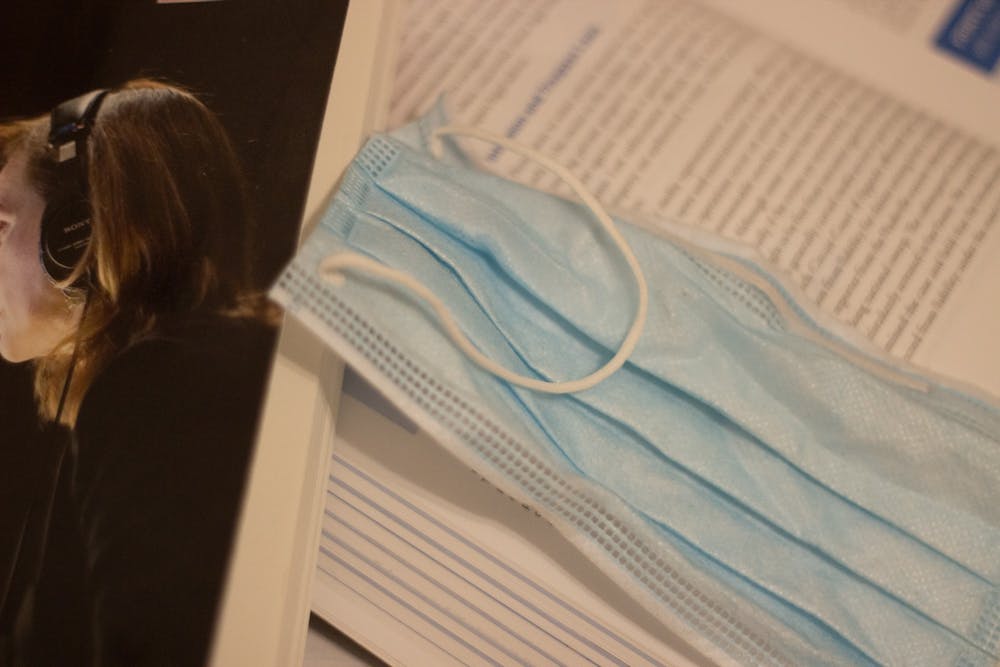Imagine being a student in 3rd grade. You’ve never used Zoom before, and your teacher with poor internet connection is struggling to share her screen. All the while, you’re trying to learn multiplication and division.
You would probably struggle to learn under these conditions, much less retain the material. Because these are such essential skills to have, your overall foundation in those areas takes a massive hit.
The start of the 2021-22 school year will see some aspects of education return to normalcy, including the resumption of in-person classes and the return of students to campuses across the nation. Despite this return, the effects of the pandemic on education — both positive and negative — will extend for years to come, especially for students in primary school.
One benefit of the pandemic is the expansion of virtual classes, as they allow students more flexibility. Because they can be accessed from almost anywhere with an internet connection, they forgo the need to physically go to class. This is especially helpful for older students, such as high schoolers, who have other commitments or who live relatively far from their school.
Compared to their in-person counterparts, online courses allow students to go at their own pace, so instead of having to read the book during class, they can choose to do it during their free time. This also benefits students who need to work or those who just aren’t in the mood to do an assignment at a given time.
Regardless of your opinion on virtual classes, having an expanded list of course selections is beneficial for everyone. Especially since many teachers will now have experience using online resources like Zoom, suggesting that there won’t be as many technical issues.
However, other impacts of the pandemic on education are less positive. Some students might have fallen behind in their learning due to the lower quality of teaching in online classes during the early days of the pandemic, something which was exacerbated by socioeconomic factors.
No students fell behind more during the pandemic than those living in poverty. A study co-authored by Yale economist Fabrizio Zilibotti showed that 9th graders from the poorest communities would suffer a 25 percent reduction in "post-educational earning potential," meaning that their income later in life is reduced. This reduction is a result of a single year of school closures during the pandemic, even if it were to be followed by three years of normal schooling.
According to the study, one of the biggest losses poor students encountered during online school was the inability to interact with peers from different socioeconomic backgrounds.



